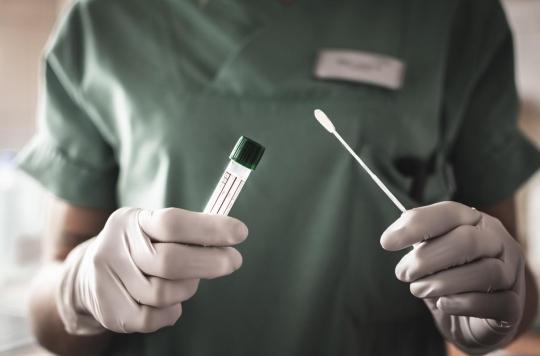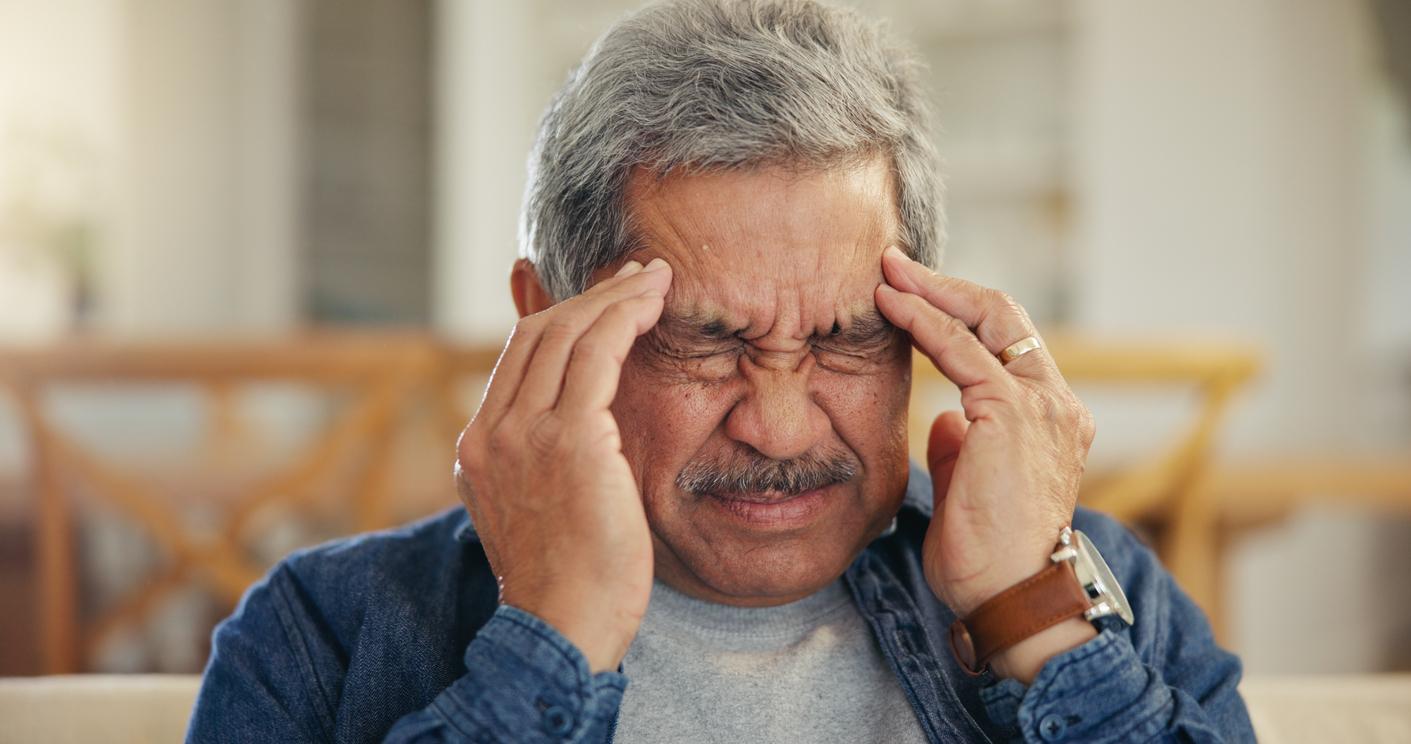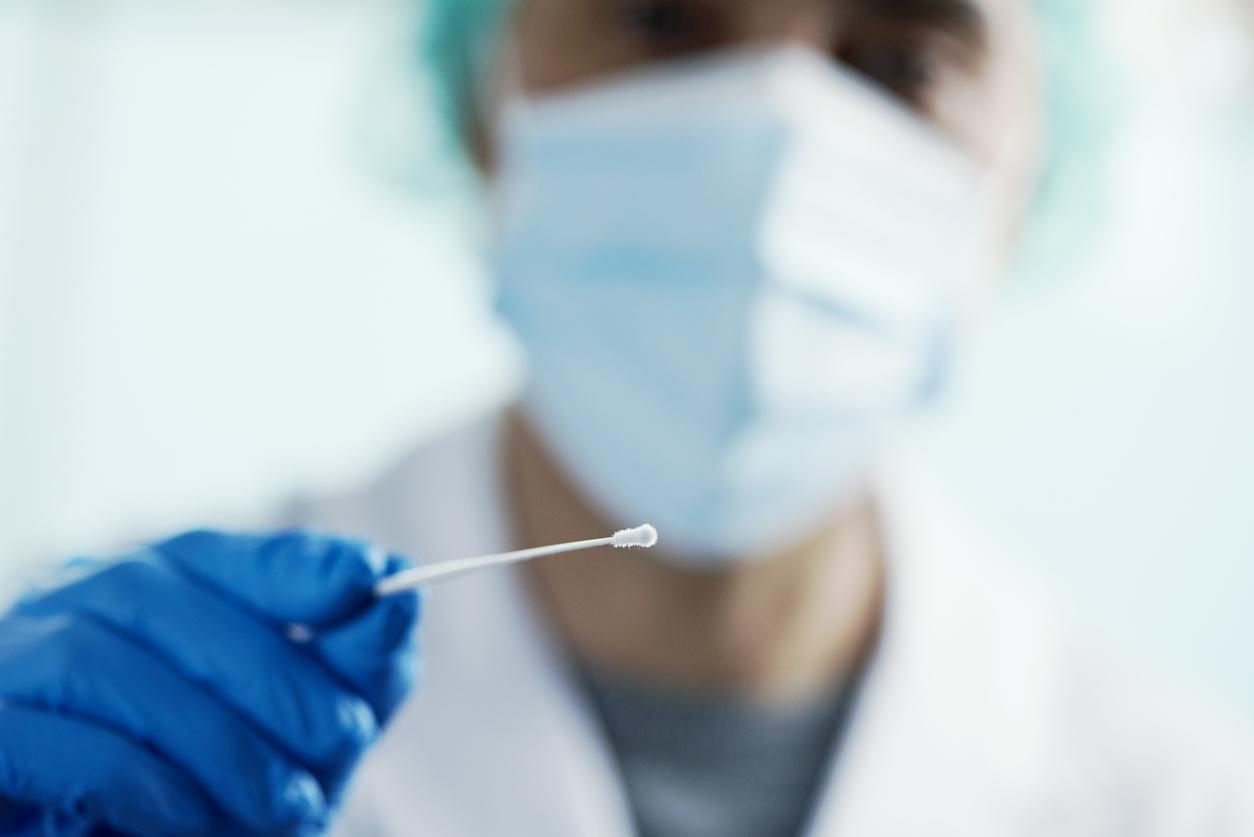A new study led by Massachusetts General Hospital shows that patients who have developed a severe form of Covid-19 develop antibodies for months following infection.

- Patients who have developed a severe form of Covid-19 present specific antibodies in their body up to four months after infection.
- This discovery could make it possible to better “track” the development of the disease within the population.
Survivors of severe forms of Covid-19 develop immune responses against SARS-CoV-2, which offer it lasting protection against possible reinfection.
This is the conclusion reached by researchers at Massachusetts General Hospital (MGH) in a study published in the journal Science Immunology. According to them, the measurement of these antibodies could prove to be an accurate tool for monitoring the spread of the virus in the population.
Immunity for at least four months
In response to an infection with SARS-CoV-2, the virus responsible for the Covid-19 disease, the immune system produces antibodies. But, explains Richelle Charles, lead author of the study, “there is a large knowledge gap in terms of the duration of these antibody responses”.
To find out how long the immune response against the new coronavirus lasted, Richelle Charles and her colleagues analyzed blood samples from 343 patients with Covid-19, the majority of whom had developed a severe form. Blood samples were taken up to four months after the onset of symptoms. Blood plasma was isolated and brought into contact with the virus. The team then studied how the different types of antibodies present in the plasma bind to the virus. The results were compared to blood samples obtained from more than 1,500 people before the pandemic.
The researchers found that the measurement of an antibody called immunoglobulin G (IgG) was very accurate in identifying infected patients who had symptoms for at least 14 days. Since the standard PCR test for SARS-CoV-2 loses sensitivity over time, the scientist believes it is important to pair it with a serological test in patients who have had symptoms for at least eight days. This will help identify some positive cases that may have been missed.
Track antibodies to follow the spread
Additionally, the researchers found that IgG levels remained elevated in these patients for four months, and were associated with the presence of protective neutralizing antibodies, which also showed a small decrease in activity over time. “This means that people are most likely protected during this period, says Professor Charles. We have shown that the main antibody responses to Covid-19 do indeed persist.”
If immunoglobulin G levels remain elevated for months after SARS-CoV-2 infection, the team found that people infected with SARS-CoV-2 had immunoglobulin A (IgA) responses and immunoglobulin M (IgM) levels that were relatively short-lived, declining to low levels in two and a half months or less, on average. “We can now say that if a patient has both IgA and IgM responses, they have probably been infected with the virus within the past two months.”
For Dr. Jason Harris, pediatric infectious disease specialist at MGH and co-lead author of the study, knowing the duration of the immune response by IgA and IgM will help researchers obtain more accurate data on the spread of SARS-CoV-2 .
“There are a lot of infections in the population that we don’t detect by PCR testing during acute infection, and that’s especially true in areas where access to testing is limited, he explains. Knowing how long antibody responses last is critical before antibody testing can be used to track the spread of Covid-19 and identify disease ‘hotspots’.”

.

















